Estimated reading time: 3 minutes
Table of contents
In the realm of electric vehicles (EVs), where the overarching goal is often seen as mitigating carbon emissions and combating climate change, Canoo’s recent financial disclosures have raised significant eyebrows. While the industry strives for environmental betterment, it’s ironic, if not downright baffling, that Canoo, a notable EV startup, appears to have allocated a substantial portion of its funds towards the CEO’s private jet.
Unveiling Canoo’s Financials: The Disparity Between Expenses and Revenue
Canoo’s comprehensive earnings report for the fiscal year 2023, unveiled just this week, revealed a startling revelation. The company purportedly disbursed a staggering $1.7 million to reimburse Aquila Family Ventures, an entity owned by the CEO, Tony Aquila, as initially disclosed by TechCrunch. These substantial outflows were categorized under “aircraft reimbursement” in the financial filings.
The filings elucidate the scenario: “Mr. Aquila, through an entity owned and controlled by him (Aquila Family Ventures, LLC (“AFV”)), owns a personal aircraft that was acquired without our resources, which aircraft he uses for business travel. We reimburse Mr. Aquila for certain costs and third-party payments associated with the use of his aircraft for Company-related business travel, excluding certain incidental fees and expenses.”
A Stark Disparity: Revenue versus Expenses
Remarkably, juxtaposing the hefty expenditure on executive air travel with the company’s revenue for the same period paints a stark picture. Canoo‘s revenue for the fiscal year amounted to a mere $886,000. Engaging in some basic arithmetic reveals a disconcerting truth: the company seemingly allocated more funds towards executive air travel than it accrued from the sales of its electric vehicles.
Navigating Through Ironies and Realities
The revelation, while eliciting a blend of amusement and dismay, isn’t entirely unprecedented in the business landscape. Many companies traverse through years of financial deficits before attaining profitability; Uber, for instance, only achieved this milestone last year.
However, there exists a poignant irony in Canoo’s financial disposition. The company’s lavish spending on non-essential ventures stands in stark contrast to its purported mission of revolutionizing the automotive industry with eco-friendly alternatives. TechCrunch delves deeper into Canoo’s financial intricacies, shedding light on its substantial expenses vis-à-vis its modest revenue streams over recent years:
- Revenue Growth: Canoo witnessed a modest uptick in revenue, garnering $886,000 in 2023, a significant leap from the preceding year’s zero revenue. Noteworthy is the company’s delivery of 22 vehicles to prominent entities such as NASA and the state of Oklahoma.
- Operational Losses Mitigation: Despite the revenue uptick, Canoo still grapples with considerable operational losses. While the company managed to slash its operational losses by nearly half, from $506 million in 2022 to $267 million in 2023, the chasm between revenue and losses remains substantial. Canoo’s reported net losses for 2023 amounted to a staggering $302.6 million.
Conclusion
Canoo’s financial juxtaposition of lavish expenditure and modest revenue underscores a concerning trend within the EV startup. While the industry endeavors to drive sustainability and combat climate change, such fiscal misalignments raise pertinent questions about corporate priorities and fiscal prudence. As the EV landscape continues to evolve, stakeholders scrutinize companies like Canoo not only for their innovative prowess but also for their financial stewardship in propelling a greener future.



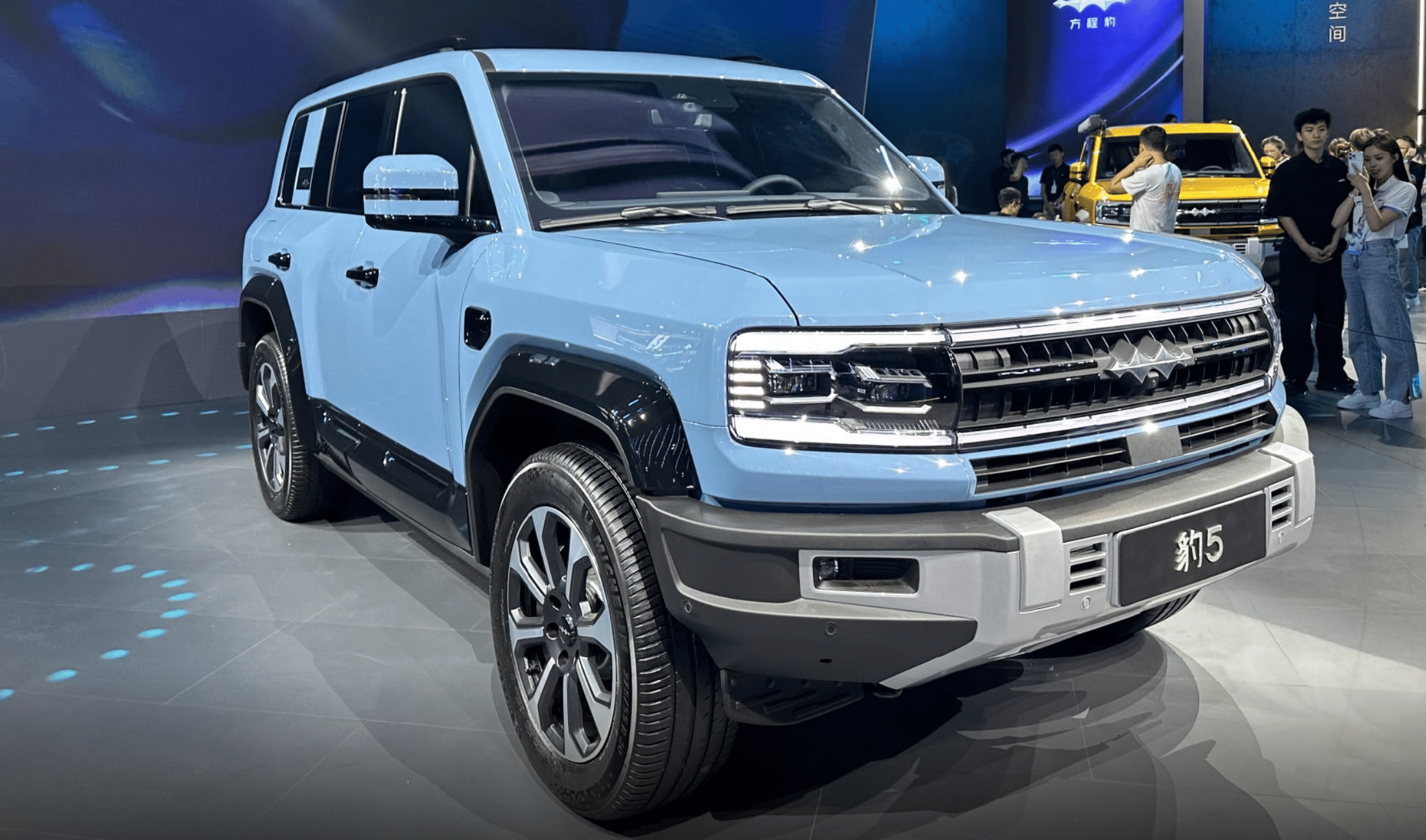
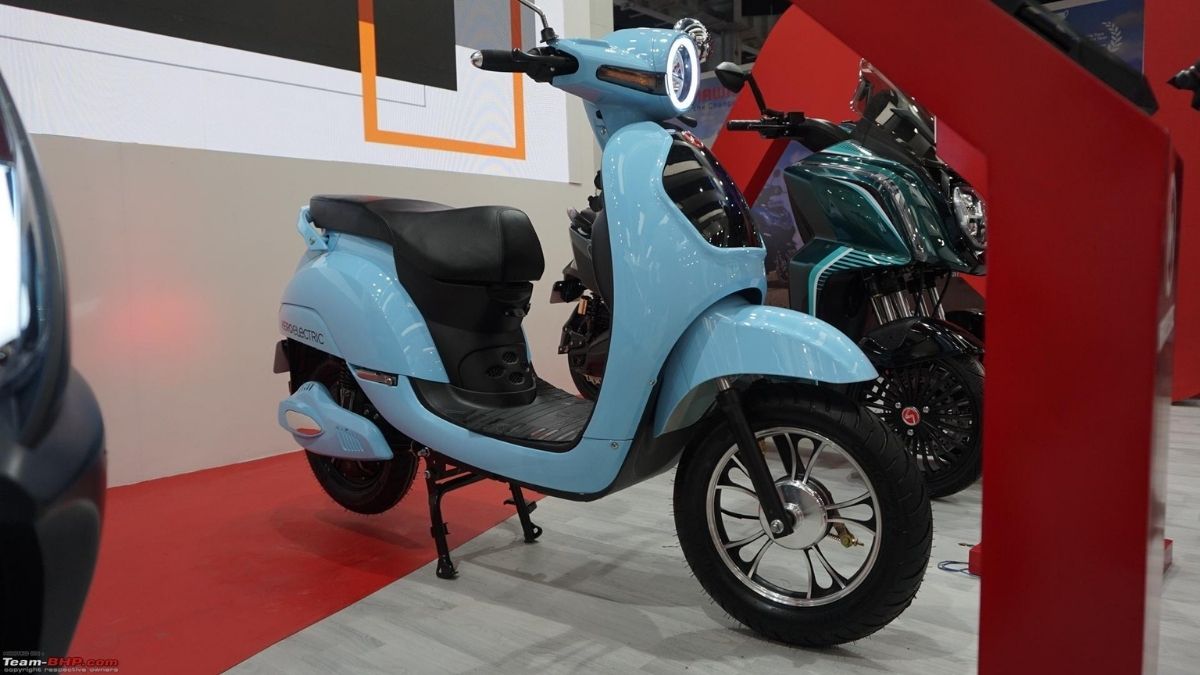
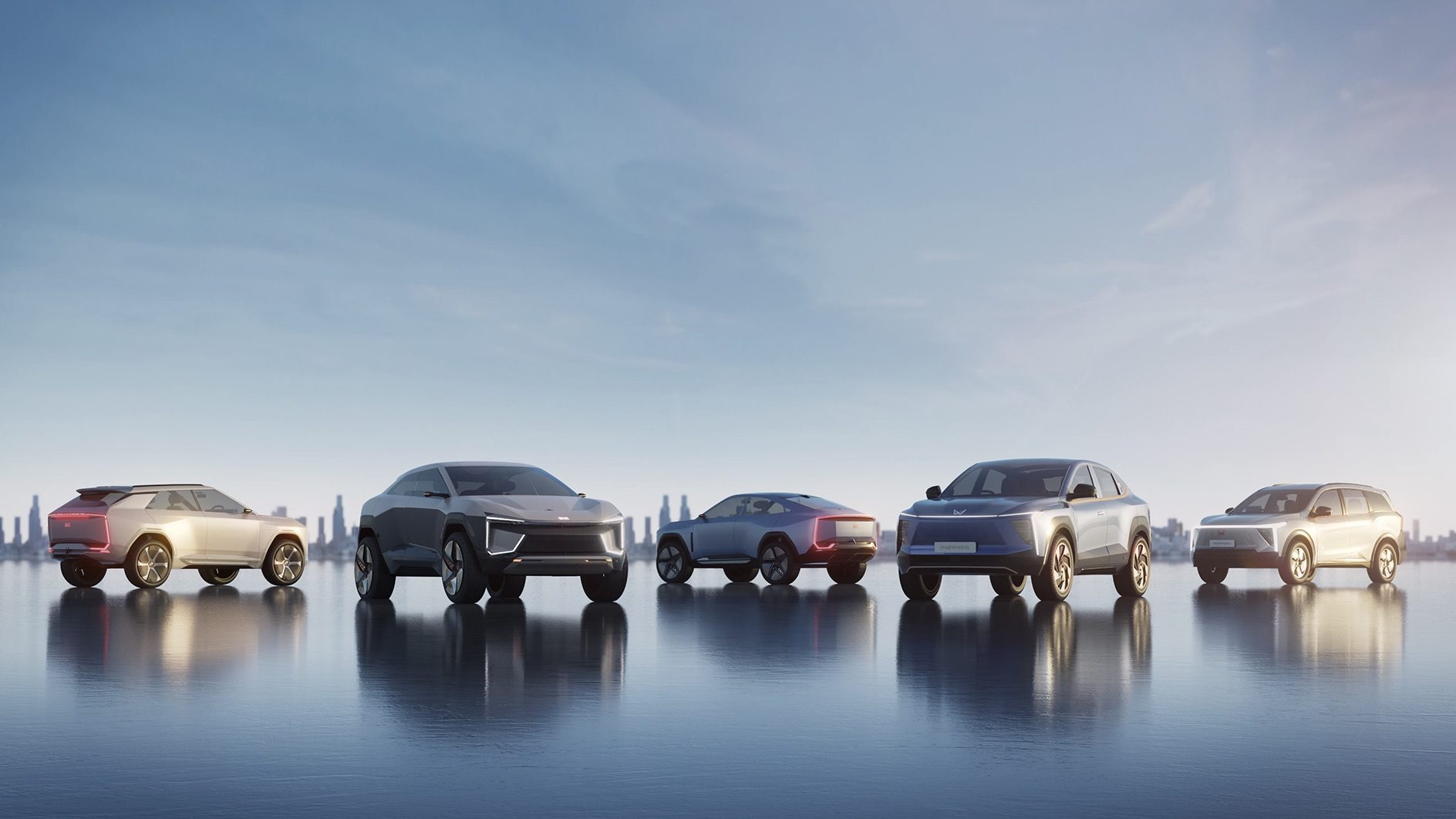
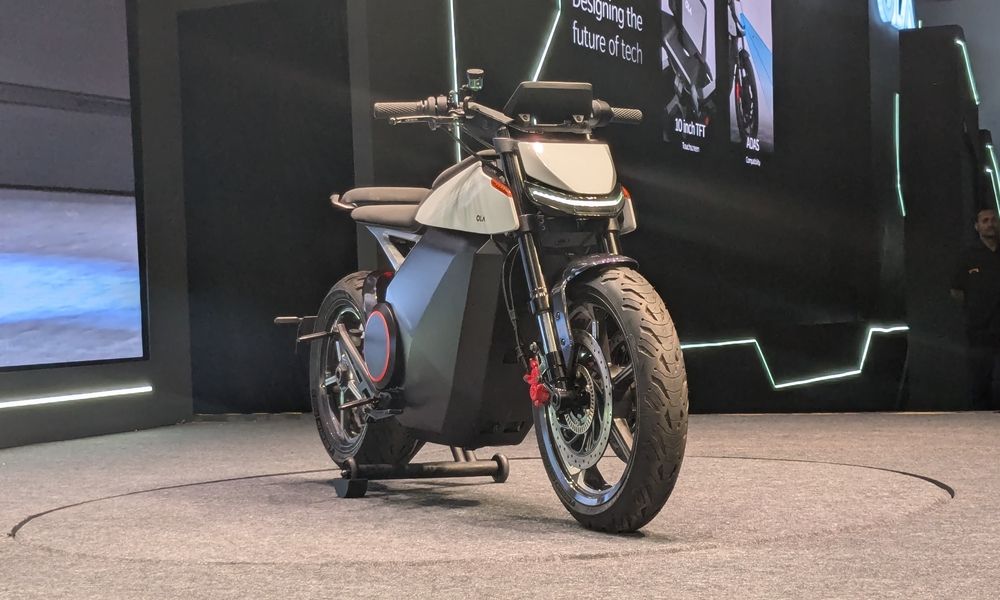

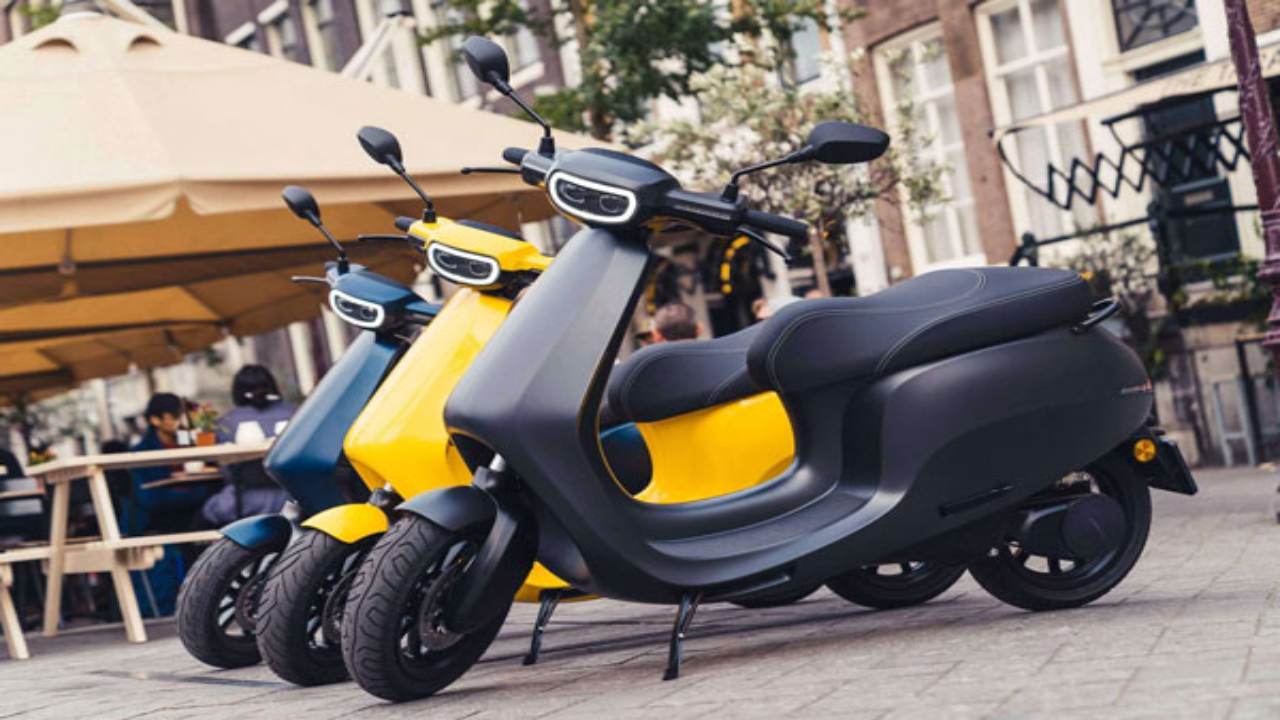

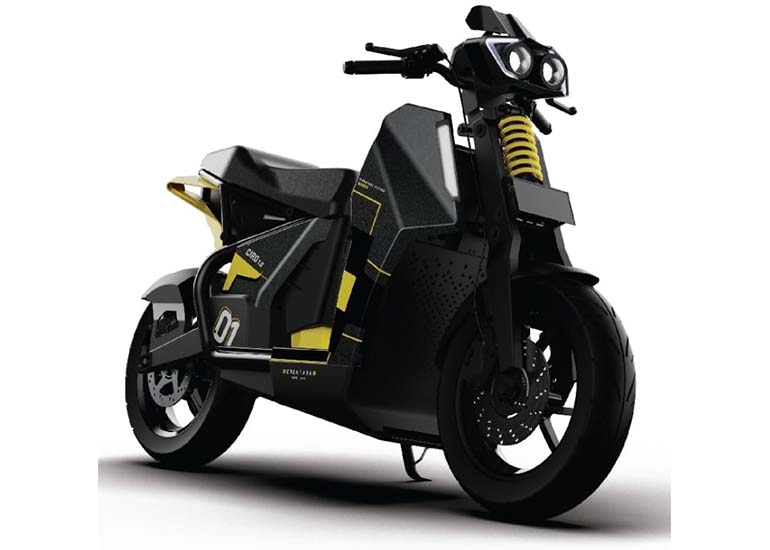



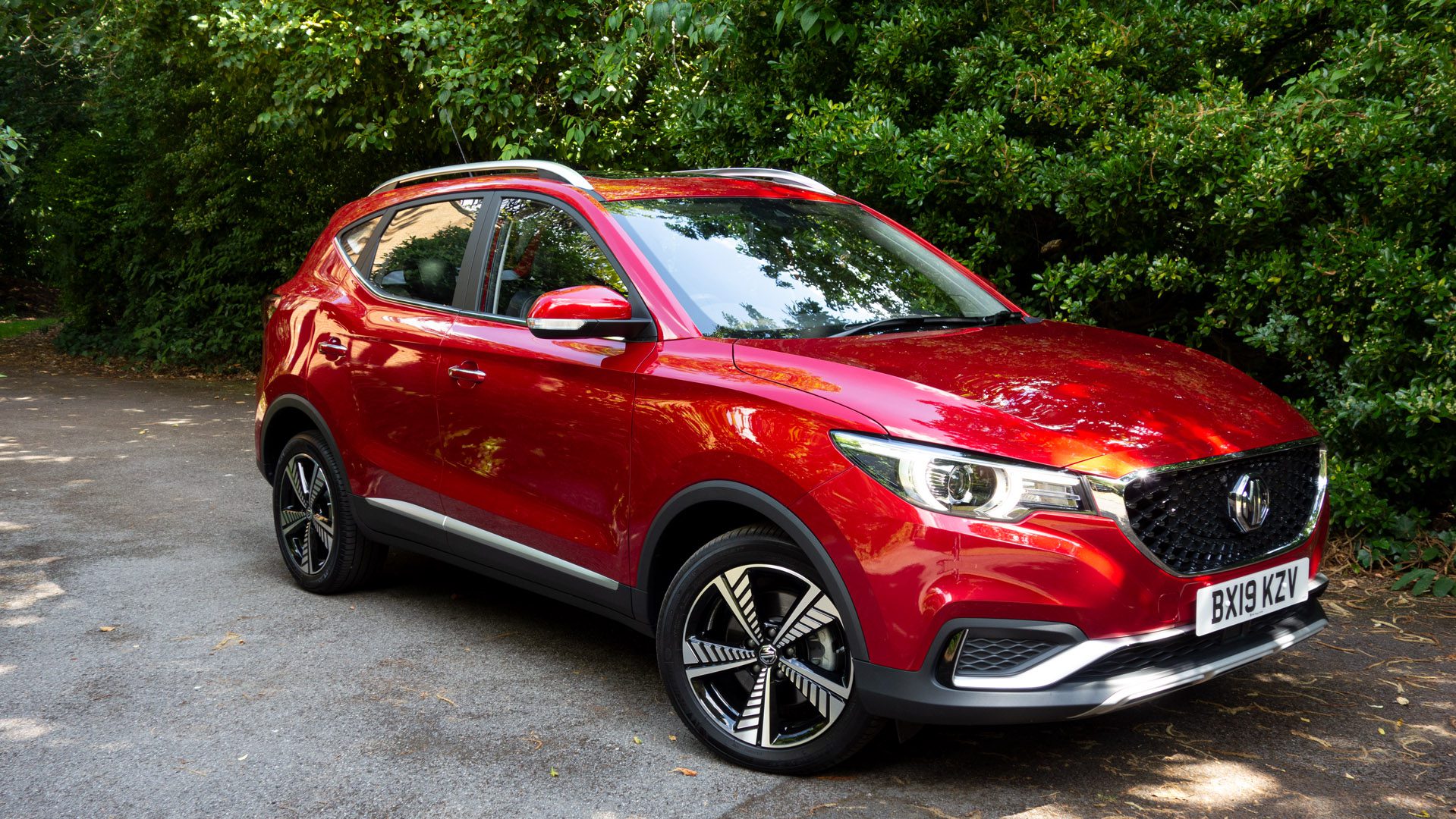






Leave feedback about this